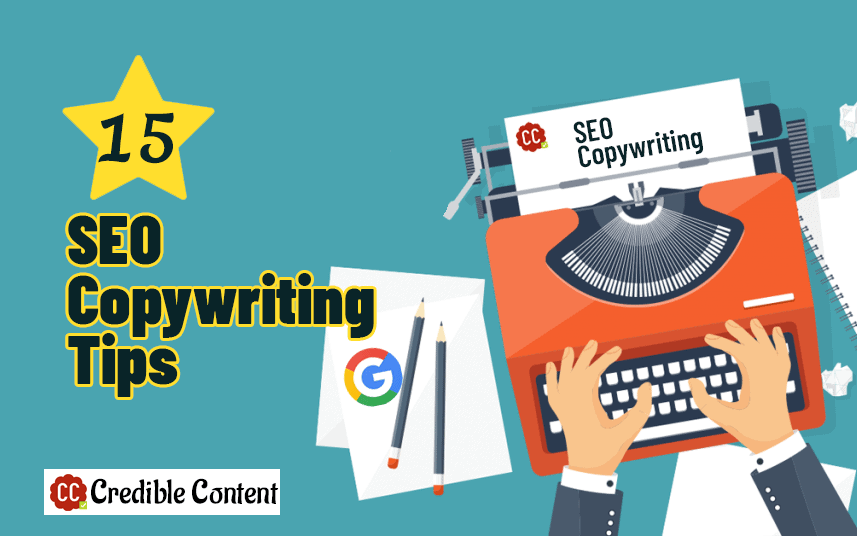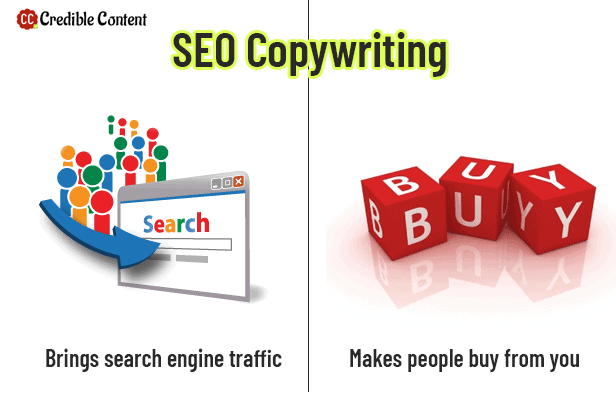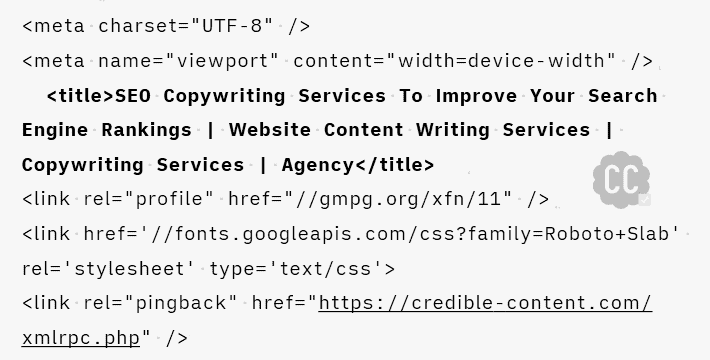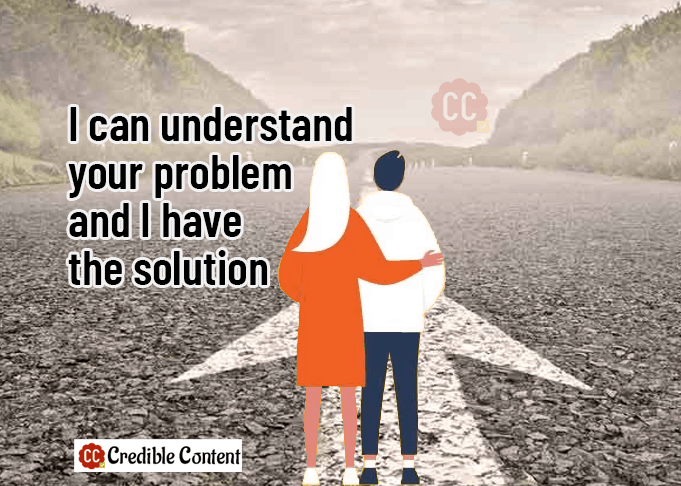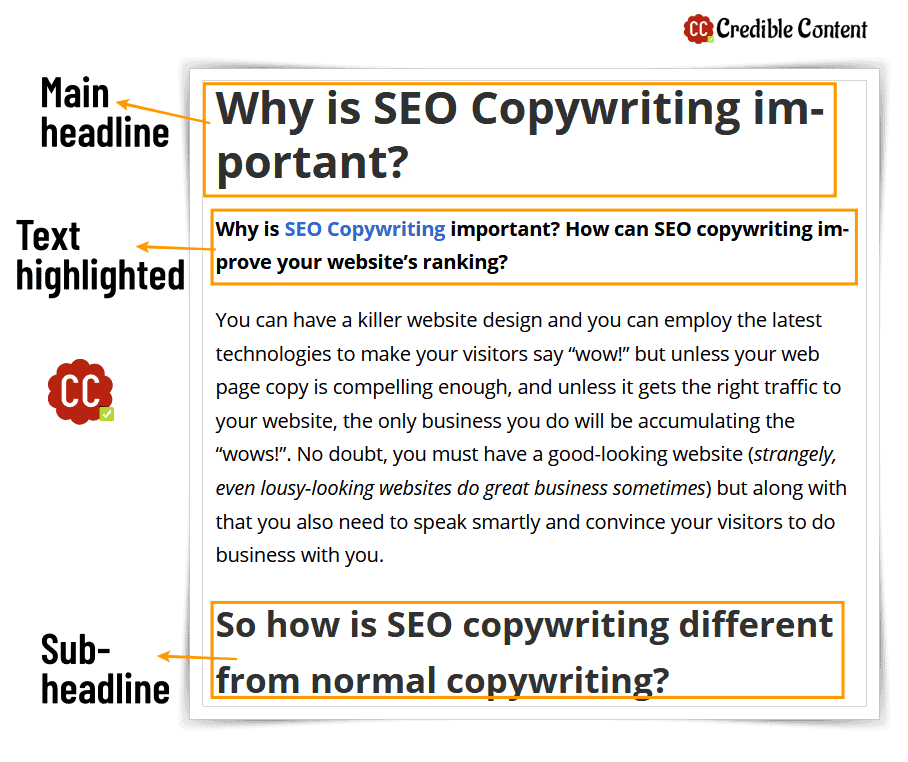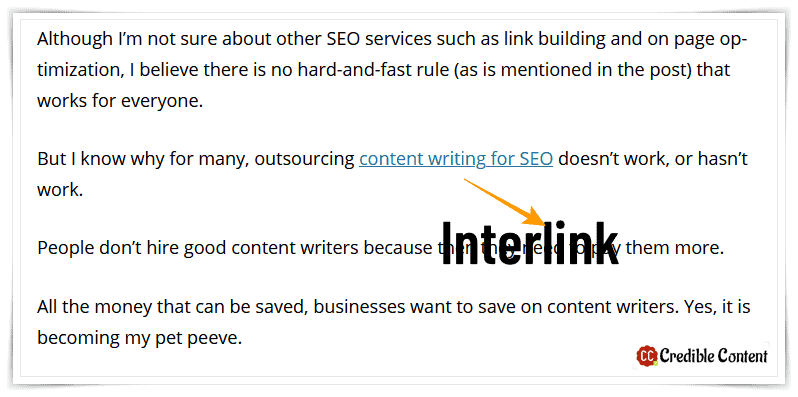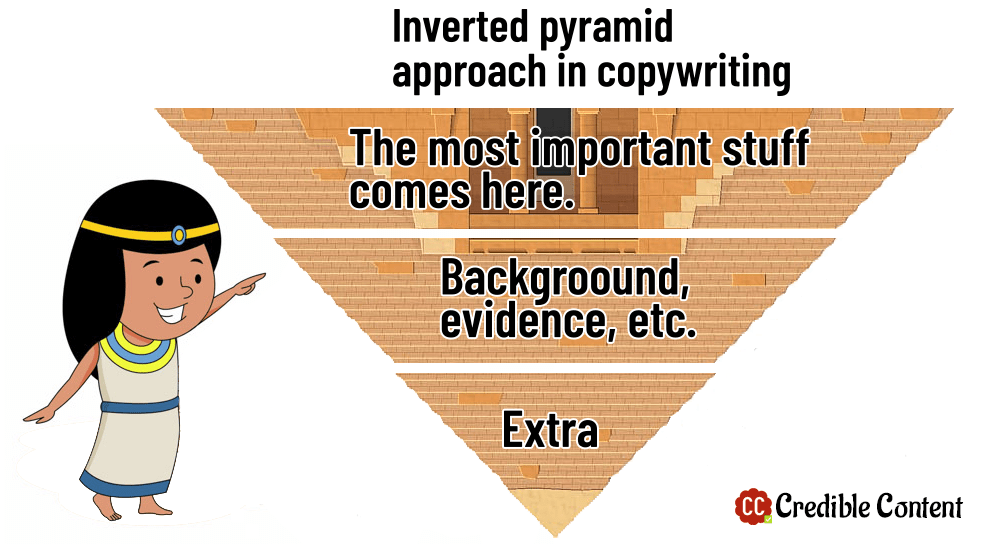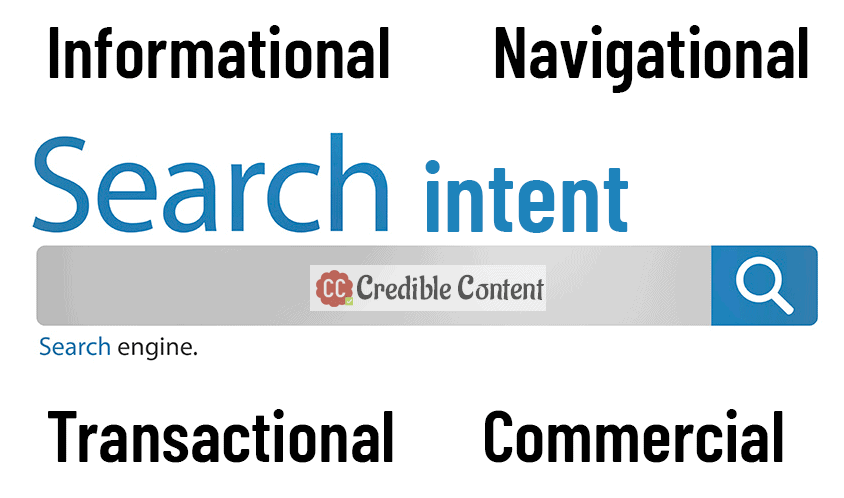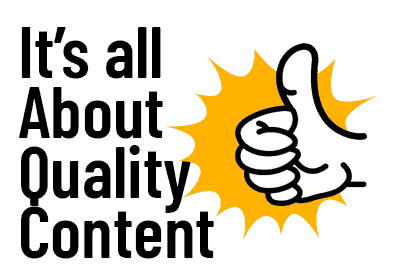Table of contents for 15 SEO copywriting tips.
- Introduction
- What is SEO copywriting and why is it important?
- Understand that every piece of writing has an objective
- Use the title to express precisely what you are offering
- Use your main keywords in the title
- Aim towards creating a holistic experience
- Make a list of all the keywords and search phrases you want to cover through the current web page or blog post
- Write an attention grabbing headline
- Keep your writing scannable
- Use interlinking during SEO copywriting
- Write a compelling intro
- Use the inverted pyramid approach
- Use your keywords within the first 100 words of your copy
- Understand the intent of your search engine users
- Make it as comprehensive as possible
- Better SEO copywriting means writing in the language of your readers
- Use data backed up by sources
- Conclusion
Constantly improving and maintaining your search engine ranking is an integral part of doing business online, especially if getting targeted search engine traffic matters to your business.
What does your SEO depend on? Among many things, copywriting (what you write on your website or blog) is the single most important aspect of your SEO strategy.
Traditionally, copywriting has mostly been used in advertising.
If you wrote ads, if you wrote sales letters, you were a copywriter (you still are).
But, on the web, the lines between a web content writer and a copywriter are constantly being blurred.
Hence, an average content writer is also a copywriter.
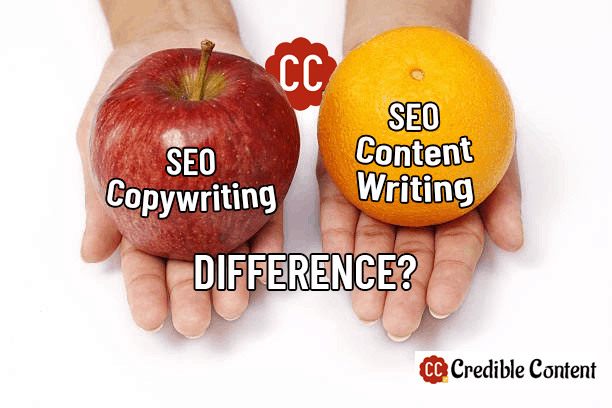 Although, as a writer I can differentiate between SEO content writing and SEO copywriting, most of the people don’t, and hence, there is a great chance that if your writing web copy, you’re doing copywriting.
Although, as a writer I can differentiate between SEO content writing and SEO copywriting, most of the people don’t, and hence, there is a great chance that if your writing web copy, you’re doing copywriting.
Some wise person on the Internet has said copywriting means “writing to persuade, convert and sell”, which makes complete sense.
Effective copywriting gets you attention (which is much needed on the web), clicks from other websites, social networking websites and email, and of course, conversion.
What is SEO copywriting and why is it important?
Writing for a website or a blog to improve search engine rankings is called SEO copywriting.
The reason it is called “copywriting” is because when you’re writing for the main website, aside from writing general content which is there to inform the visitors, selling the product or the service being represented through that website, is also often the job of your writing, and hence, whether you know it or not, any writing on the main website is also sales copy.
But selling isn’t the only thing you need to achieve as a professional web writer; your writing must also be able to improve the search engine rankings of the website or the blog you are writing for.
Hence, SEO copywriting.
You may like to read Why is SEO copywriting important?
SEO copywriting is important because it boosts your rankings for the right keywords and search terms and at the same time, when people are at your website, it prompts them to take an appropriate action (buy your product or download your e-book).
SEO copywriting is also important because it can help you bring down your search marketing cost.
If your rankings improve organically (on the strength of your content), you don’t have to spend money on programs like Google AdWords.
When you advertise on Google AdWords, you pay for every click.
Which means, if you are getting 1000 clicks from Google, you are paying for those 1000 clicks.
On the other hand, if you improve your SEO through copywriting, once you have attained good search engine ranking, whether you get 1000 clicks or 1 million clicks, the only money you have spent is on getting the SEO copy written.
You must know how to write search engine friendly copy.
For that, you must know how search engine crawlers crawl your content, how they access the information on your website and then how that information is processed.
You already know it isn’t just the copy on your website that decides your search engine rankings although, it is the most important aspect because how your website must rank depends on the relevance of the information that exists on your website.
Unless your copy is search engine optimized, nothing much is going to happen that can improve your search engine rankings.
Listed below are 15 SEO copywriting tips that can help you improve your search engine rankings. —-
1. Understand that every piece of writing has an objective
Take it this way: when people are searching for information on Google, in most of the cases they are asking questions.
More so when an increasing number of people are using voice search.
Read Copywriting services for voice search
When someone is searching for an SEO copywriter, for example, she is going to use an expression such as, “looking for an SEO copywriter for my ad agency”, or “need an SEO copywriter for my tech start-up”, or something like “find and SEO copywriter for my accounting business website”.
These are very precise searches and people have gained enough experience to not to throw random terms into the search engine.
Everybody knows that simply searching for “SEO copywriter” or “SEO copywriting” is going to bring up millions of unnecessary results.
Hence, if I want to offer my SEO copywriting services to and accounting business, I must create a dedicated web page to attract those visitors.
Similarly, if I want an ad agency that is looking for an SEO copywriting service, I should mention that too in my copy.
The point is, you must know, you must understand what the web page or the blog post you are currently writing aims to achieve, and then aim every word, every sentence, at achieving that objective.
2. Use the title to express precisely what you are offering
Take for example this blog post. It offers you 15 SEO copywriting tips that can help you improve your search engine rankings.
Whether you come across this title on search results or on one of the social media websites, you will immediately know what to expect.
Your title also tells Google and other search engines what your piece of content to be ranked for.
If the Google ranking algorithm decides to rank this blog post higher, it knows that it offers SEO copywriting tips that can help search engine users improve your search engine rankings. …
3. Use your main keywords in the title
Here, the three main keywords for me are “SEO copywriting”, “tips” and “search engine rankings”.
You don’t necessarily have to include all your keywords but it can certainly help you improve your SEO if you can incorporate all your major keywords within the title.
Your web page or blog post title has a big impact on the rankings of that particular link.
Spend lots of time making sure that
- The title captures the central theme or the main offering of your web page or blog post.
- It contains your domain or primary keywords or search phrase.
4. Aim towards creating a holistic experience
Yes, focusing on your primary, secondary and longtail keywords is important, but use them as tools, not as a central points.
The central point is the value that you provide.
Write with passion.
Write with sincerity.
Write for humans while focusing on machines.
Give the readers what you have promised in the title or the headline.
Remember that how people react to your copy is as important as the SEO aspect of your writing.
If people find your writing useful, they’re going to spend more time on your web page or blog post.
When they spend more time it tells Google that they find your content useful and hence, it deserves to be ranked even higher.
If your web copy holds no value, people leave immediately, and when they leave immediately, Google assumes that it does not have the information people are looking for and hence, lowers its rankings.
Hence, focus on value and relevance first, and then think of how you can present the value and the relevance through your primary, secondary and longtail keywords.
5. Make a list of all the keywords and search phrases you want to cover through the current web page or blog post
Since we are writing about SEO copywriting and we acknowledge that keywords are important for improving your search engine rankings, we should definitely have a list of keywords we want to focus on.
Making a list of keywords and search phrases isn’t just good for SEO, it is also good for keeping you on your path.
What are keywords after all?
Keywords are the words and expressions used by your target audience to look up information on Google.
They are the leitmotif of your entire message.
Your keywords are the focal points.
When you jot down all the keywords you want to concentrate on, you know what to write about and what to ignore.
6. Write an attention grabbing headline
Headline can turn “eh, whatever” into “wow, this is awesome!”
Although, many a time, the title of your web page or blog post is same as your headline, you can have a different title and a different headline.
The title comes under the title HTML tag, something like <title>This is my title</title>
The main headline, in your source code, looks like this: <h1>Main headline</h1>.
Compared to the rest of the body on your web page or blog post, the font type of the headline is bigger and more prominent.
Anyway, if the purpose of your title is to bring people to your website from search engines and social media websites, the purpose of your headline is to hook the reader into reading the rest of your copy.
If your headline is not attention grabbing, people are going to leave faster.
 This is what David Ogilvy said about the importance of your headline:
This is what David Ogilvy said about the importance of your headline:
On the average, five times as many people read the headline as read the body copy. When you have written your headline, you have spent $ 0.80 out of your dollar.
I mostly keep the title and the headline more or less the same but sometimes if the entire essence of my web page or blog post cannot be captured within the title (the title shouldn’t be beyond 60 characters, including spaces), I use a different headline so that I’m not constrained.
Different copywriters suggest different ways of creating compelling headlines.
Some suggest that you use emotional triggers.
Every buying decision after all, is emotional.
Why do you want to improve your SEO?
You want your business to succeed.
Why do you want your business to succeed?
You want to make more money (let’s assume this reason for the time being).
Why do you want to make more money?
It’s the answer to this question for which you want to improve your SEO.
This, is emotional.
Your headline can trigger emotions, curiosity, fear, inspiration, a sense of controversy, a sense of kinship, a sense of reaching out to something forbidden, or something like that.
7. Keep your writing scannable
Scannable writing is convenient both for your human readers and search engine ranking algorithms.
What does scannable writing mean in the context of writing for the web?
Here are a few things to keep in mind:
- Write smaller sentences.
- Keep your paragraphs short (normally, not more than one sentence).
- Avoid using very complicated words unless they are essential to your copy.
- Maintain a conversational style.
- Express a single idea in a sentence and hence, don’t use many “and”, “or”, or “but” unless absolutely necessary.
- Organize different topics under headings and subheadings (make ample use of <h2> and <h3> tags.
- Use bullet points.
- Highlight your main keywords with bold and italics types, but don’t overdo.
The main idea is, make it easier for people to quickly browse through your copy and get your message without having to read every sentence and every paragraph.
8. Use interlinking during SEO copywriting
A good thing about writing for a website or a blog is it’s easier to link to other sections.
This helps you avoid creating lots of duplicate content.
If a bit of information already exists somewhere on your website or blog, why not link to it instead of rewriting it?
It also makes it easier for search engine crawlers to access content that hasn’t yet been crawled.
Google is constantly crawling websites from one link to another.
The crawler may come to your website through any link and then it tries to crawl every link present on that link and all other links that are present on those links.
When crawling, it also works out the relationship between your various web pages and blog posts and decides overall what your website represents.
For example, no matter through which link or blog post the Google bot enters my website, I want it to understand that I provide content writing and copywriting services and everything else surrounding these two services, including SEO content writing and SEO copywriting.
Make sure when you are linking to other sections of your website or blog, use your keyword in the hypertext.
9. Write a compelling intro
Your main headline is the intro that hooks the reader.
After that it is your first paragraph.
The reaction to your first paragraph decides whether someone is going to read your rest of the copy or not.
You can write the first paragraph to achieve any of the two things:
- Make the readers agree with what you’re saying – we usually like to read things we are agree with.
- Pique the interest by asking relevant questions or writing some hard-hitting sentences that force the reader to read further.
The point is, use every trick in the toolkit to make the reader read the first paragraph, without misleading.
10. Use the inverted pyramid approach
In the traditional copy, you often build the suspense and then reveal what you have to offer in the end.
Nobody has that much patience on the web.
Spill the beans in the beginning.
Tell your readers whatever you have to offer in the beginning itself.
Remember the purpose of your copy, ultimately, is not to make the reader read the whole thing, but to act, to convert.
If I want to tell you how I can help you improve your search engine rankings it’s better that I tell you in the beginning itself because you are desperate to improve your search engine rankings and if I dillydally, you may go somewhere you can quickly find the solution you’re looking for.
Does it mean your copy must be around 100-200 words?
What about search engine rankings then?
What about all those SEO experts and content marketing experts who are constantly telling you that longform content is better for your search engine rankings and thin content is of no value?
My suggestion is, it depends.
You can keep your entire web page or blog post interesting so that people read it through and through.
You can tell the important stuff in the beginning and then deal with nitty-gritty that helps you write more afterwards.
The thing is, don’t keep people waiting.
They will get bored.
Even if they don’t get bored, something else will distract them and they will leave your website or blog without reading the important stuff.
11. Use your keywords within the first 100 words of your copy
You don’t have to force-use them, but if it is possible, use your keywords and main phrases within the first 100 words of what you’re writing.
This is easier to achieve if you cut to the chase and start talking about the important stuff from the very beginning.
As long as people are using search terms and keywords to look for information, they are important.
Now that I think of it, people no longer use keywords, they use search phrases, but we still call them keywords.
Anyway, sometimes, something or the other happens and the search engine crawler leaves your web page or your blog post without going through the whole content.
When this happens, though, it has crawled your web page or blog post, it hasn’t understood what it represents.
This is why, whatever words and expressions it encounters in the beginning, it makes sense of your web page or blog post accordingly.
Hence it is better that
- You cover your main topic in the beginning.
- You use your keywords and search expressions in the beginning.
This way, even if the crawler does not completely go through your web page or blog post, it will have at least some idea of what you’re trying to say.
12. Understand the intent of your search engine users
This is something that I have already touched upon above, but now I am describing it in detail.
Primarily, 4 intentions have been recognized when people use a search engine, namely
- Informational intent – Looking for information to learn something, to know something or to reconfirm something.
- Navigational intent – Instead of typing the exact URL you want to go to, you search for the name of the website (especially when you don’t know the URL).
- Transactional intent – You want to buy something.
- Commercial intent – You want to buy something but before that you want to read reviews or you want to compare different products or services.
Targeted content can be created for all the intents.
When writing copy for a website or for a blog, if you know people of what intent you are targeting, you can write better copy and you will also get better results.
Is one intent more important than the other?
It depends.
You need brand presence, you want people to come to your website even when right now they don’t intend to purchase from you.
When people know about your business, when they have the need, they will come to you.
For example, you’re reading these tips on SEO copywriting; you may not be looking for a professional SEO copywriter, but when you need one, you may remember my website and then contact me if you like what I have written.
13. Make it as comprehensive as possible
This is longform content.
Longform content may not be user-friendly (try going through 3000+ words on a mobile phone) but search engines like Google certainly like it.
 One reason why Google likes longform, comprehensive content is that it covers pretty much everything that a search engine user is looking for.
One reason why Google likes longform, comprehensive content is that it covers pretty much everything that a search engine user is looking for.
For example, if you are looking for SEO copywriting tips, it’s good if you get all the information you need to improve your search engine rankings in one single blog post rather than having to visit different links and then compile the information to make it into something worth using.
The ranking algorithm also favors longform content.
When you create a comprehensive web page or blog post, it makes people – as long as your content is interesting and useful – spend more time on your link.
When they spend more time on your link, Google assumes that it has useful information and hence, it deserves to be ranked higher for the search term being used.
Also, people share longform content more than they share short web pages or blog posts.
This again helps your SEO because you get more incoming links from social media websites as well as other websites and blogs.
14. Better SEO copywriting means writing in the language of your readers
Writing in the language of your readers has many benefits.
One of the biggest benefits is you will be using keywords and search terms that people actually use rather than making your own guesses and floundering in the process.
This also increases your conversion rate because people can relate to what you are writing.
Writing in the language of your readers doesn’t mean dumbifying your writing.
 If I’m writing for a programming company targeting tech start-ups then I will be using lots of jargon that is commonplace in the industry not because I want to show off, but because people are comfortable with that language.
If I’m writing for a programming company targeting tech start-ups then I will be using lots of jargon that is commonplace in the industry not because I want to show off, but because people are comfortable with that language.
If I write for a boutique shop, I will use language that is used by an average customer of that boutique shop.
15. Use data backed up by sources
People love data, especially in the B2B sector.
Hence, if I say this tip improves your SEO by 20% rather than simply “improves your SEO”, you will feel more reassured, especially if I can link to an authoritative blog post or an article that makes this claim along with a real-world example.
Data is convincing.
It makes you learned.
Ideally, data should come from your organization (something like, “our research shows that “41% respondents reported an improvement after applying our SEO tips”), but even if you’re not in a position to use your own data, it is all right to use data from other trusted sources.
Conclusion
You cannot rush your way into SEO.
There is a reason businesses have an “SEO strategy”.
You have to work at many aspects including
- SEO copywriting
- Increasing content density
- Publishing lots of authoritative content
- Interlinking
- Getting quality back links
- Generating engagement
But everything boils down to having quality content.
It is your content, after all, your copywriting, that people share with each other, recommend, engage with, find on Google and other search engines, and generally, talk about.
If there is no quality content, nobody has anything to talk about your business.
Hence, one of the most important SEO copywriting tips, give the copy of your web pages and blog posts the respect and importance it deserves.
You will automatically start improving your search engine rankings once you acknowledge the importance of good quality content.

